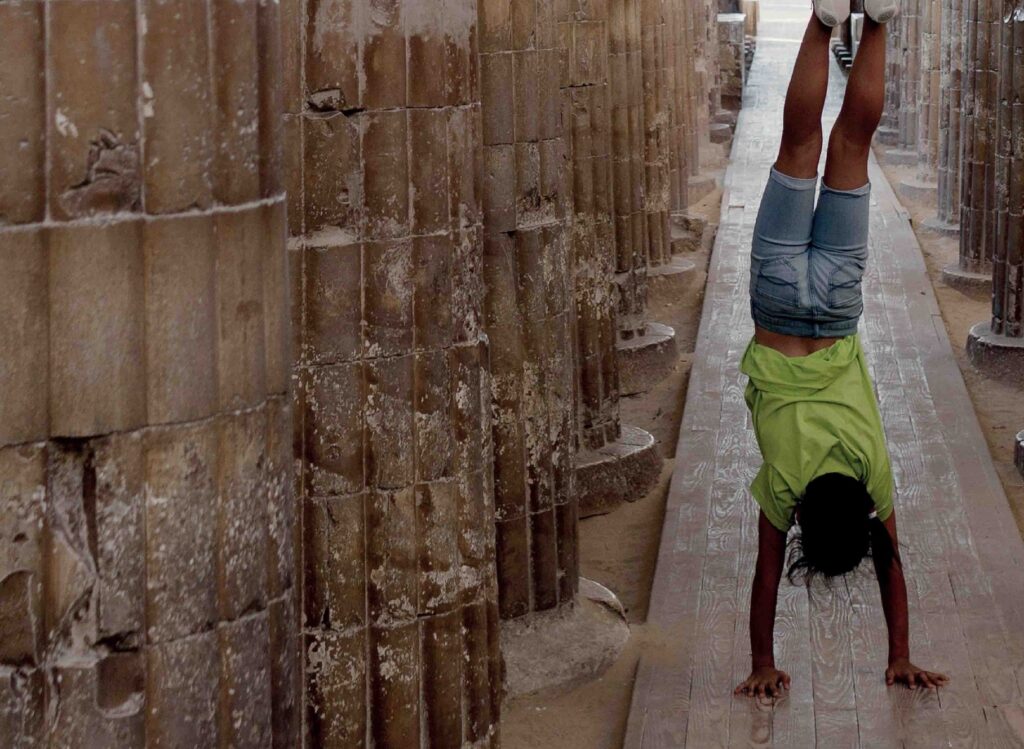Call for papers: Truth-telling in history education: Truth and justice in a post-truth era
Posted on 9th July, 2025

In an age marked by misinformation, contested narratives, and global reckonings with historical injustices, the role of history education has never been more critical. The History Education Research Journal (HERJ) invites scholars, educators, and practitioners to contribute to a special series: ‘Truth-telling in History Education: Truth and Justice in a ‘Post-truth’ Era.’ All articles will be published diamond open access and will not attract APCs. Read the full call for proposals.
This timely series seeks to explore how truth-telling is conceptualized, practiced, and contested in history education across diverse national and cultural contexts. It responds to the urgent need for educational spaces that confront difficult histories – colonialism, genocide, systemic racism, and other legacies of injustice – rather than perpetuating sanitised or nationalist narratives.
Why This Series Matters
From Truth and Reconciliation Commissions in Canada and Australia to curriculum reforms in Europe and beyond, societies are grappling with how to teach the past honestly and inclusively. Yet, these efforts are increasingly challenged by the rise of ‘fake news’ political polarisation, and the erosion of public trust in institutions and expertise.
This special series aims to position history classrooms as critical spaces for cultivating media literacy, epistemic awareness, and a commitment to justice. It invites contributors to examine how educators can navigate the emotional, political, and ethical tensions of teaching contested histories, and how students can be empowered to engage with the past in meaningful and transformative ways.
Key Themes and Questions
Proposals should engage with one or more of the following themes:
- Theoretical frameworks: What does truth-telling mean for history education? How might truth-telling be interpreted in history education? How do truth and reconciliation sit in relation to existing theoretical approaches and debates such as ‘truth’ in history, postmodern critiques of truth, historical consciousness, historical thinking, materialist and post-qualitative approaches? How do epistemological and ethical considerations inform approaches to truth-telling in history education?
- Pedagogical approaches: How can educators balance multiple perspectives and historical truths in the classroom? What methodologies are effective for teaching contested or difficult histories? How do teachers navigate emotional, political, and ethical tensions in the classroom? What educational outcomes are associated with approaches that confront difficult historical truths? What effects do knowledge of history and explicit instruction discourses have on truth telling?
- Curriculum and policy: How do curricula support or suppress truth-telling? How does curricula reflect particular truths and exclude others? How are diverse histories, peoples, groups, and cultures represented in history curricula and textbooks?
- Teacher and student perspectives: How do teachers and students reason about truth telling? How do teachers navigate their own positionality and identity when teaching difficult historical truths? How do students respond to curriculum that addresses historical injustices related to their communities? In what ways do students’ prior beliefs and family histories/narratives interact with truth-telling in the history classroom?
- Public history and post-truth digital media: How do museums, memorials, and online platforms contribute to or complicate truth-telling? How does the post-truth (social) media landscape and artificial intelligence shape truth-telling discourses in history education? How might teachers leverage digital tools to support critical engagement with historical narratives?
- Indigenising history education: How can the engagement and reframing of history education from First Nations perspectives support empathy, reciprocity, justice, accountability, and the development of the whole student? How can this enable community health, healing and sovereignty? How could this contribute to the community building
capacity of all students of history? - Decolonising history education: How are Indigenous and other marginalised perspectives integrated or resisted in school history? How does truth-telling lead to justice and accountability? How does truth-telling sits with decolonising frameworks for history education?
- Truth and justice commissions and education: What educational lessons can be drawn from the legacies of truth and justice commissions?
- Truth and identity: How does truth telling in history education intersect with issues of identity and representation? How can history education promote understanding and reconciliation in post-conflict settings?
The series welcomes a wide range of contributions, including empirical studies, theoretical analyses, literature reviews, and critical reflections on practice.Read the full call for proposals.
Submission Details
- Expression of Interest Deadline: 24 August 2025
- Full Paper Submission Deadline: 27 December 2025
- Publication Date: From mid-2026
- Read the full call for proposals.
Submissions will be peer-reviewed and should align with HERJ’s commitment to advancing critical, inclusive, and globally relevant history education research. All articles will be published diamond open access and will not attract APCs.
About HERJ
History Education Research Journal (HERJ) is a leading international, fully open-access, peer-reviewed journal that focuses on the global significance and impact of history education. It provides a platform for scholarly discourse on contemporary issues, policies, and practices in history education, drawing on a wide range of research methodologies. For more information on submission guidelines and to read the full call for proposals, please visit the HERJ site.